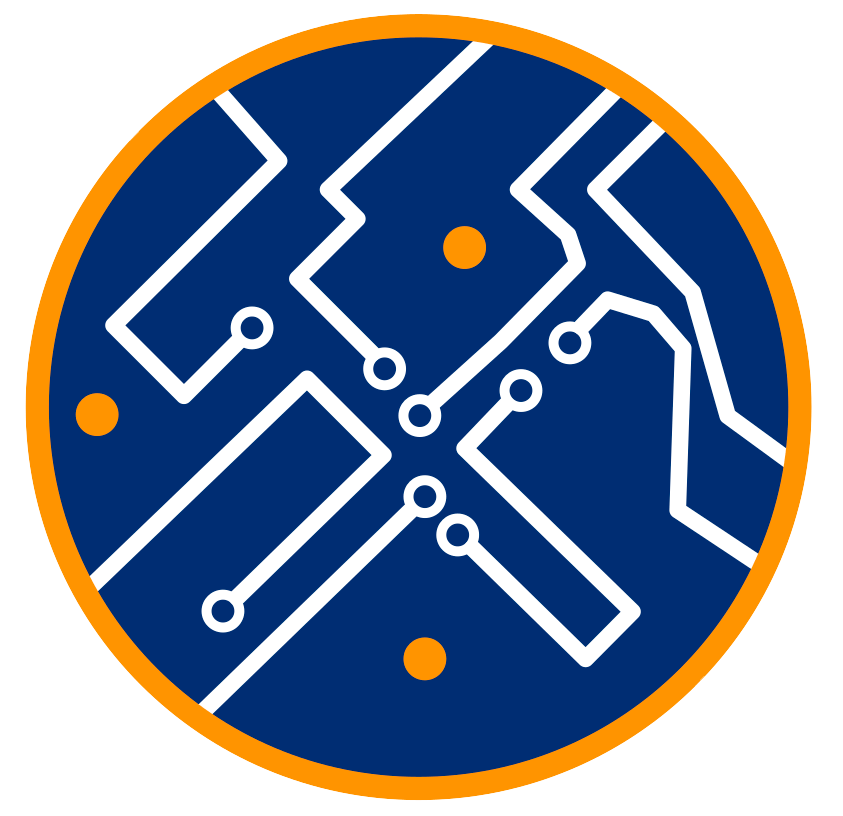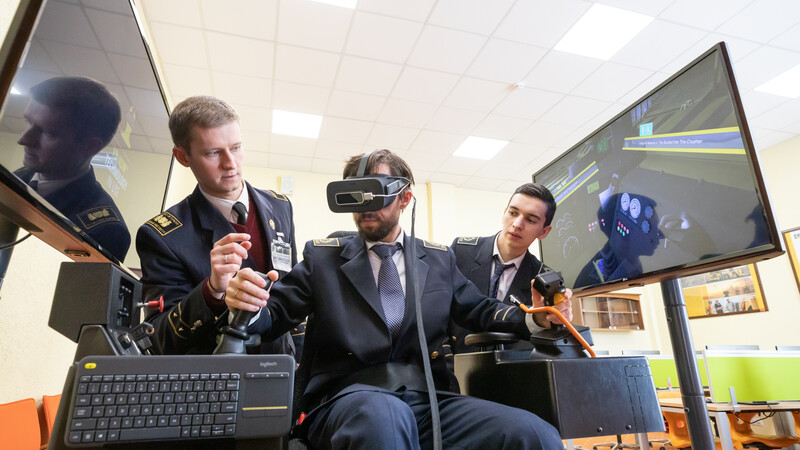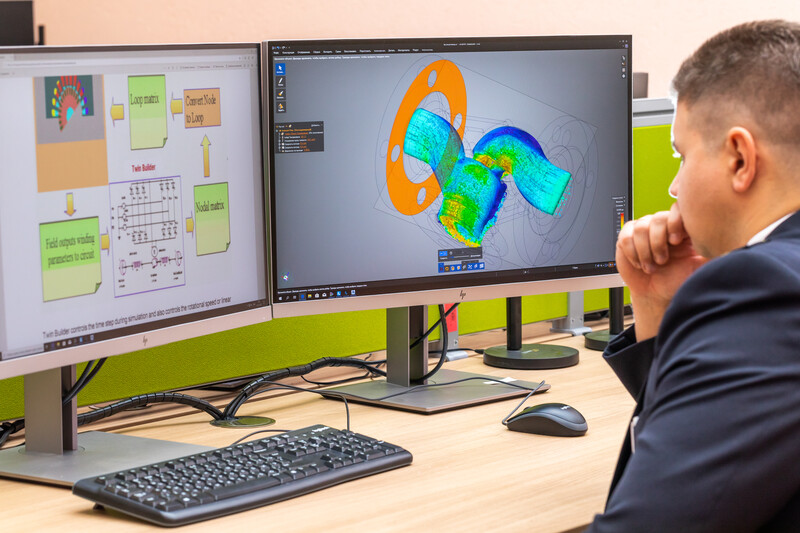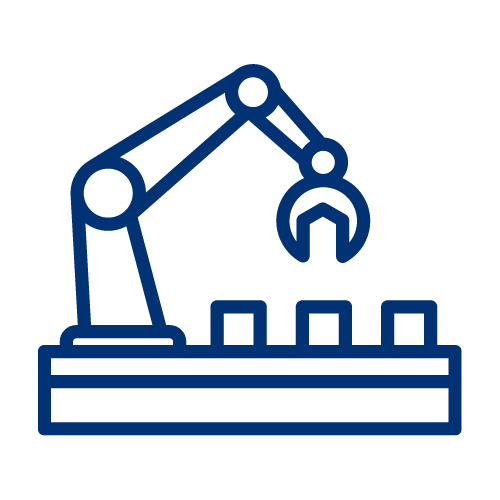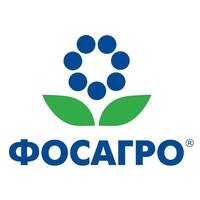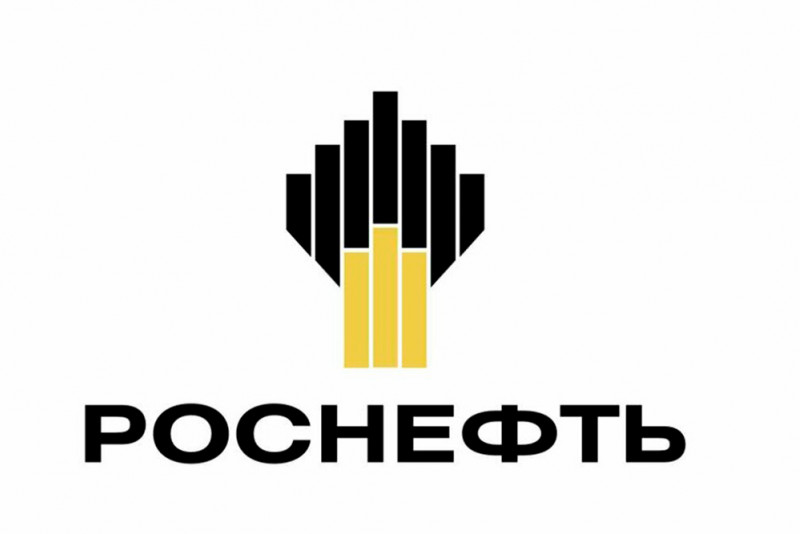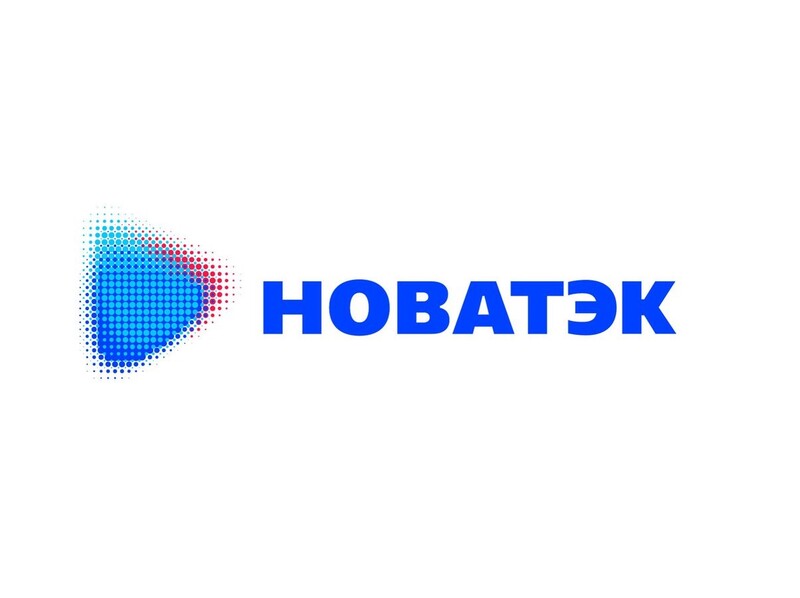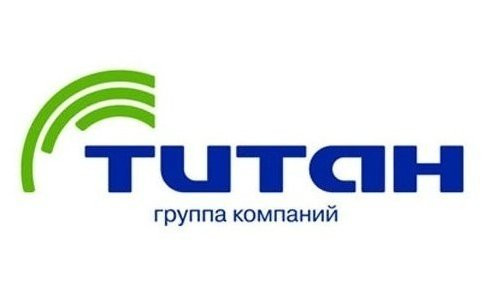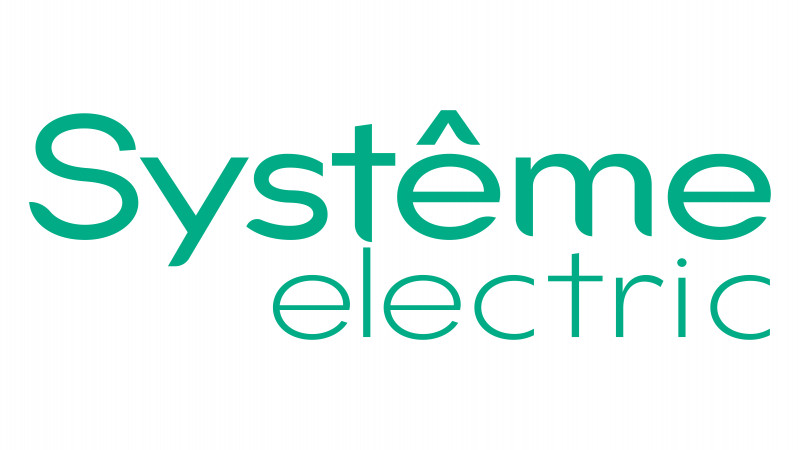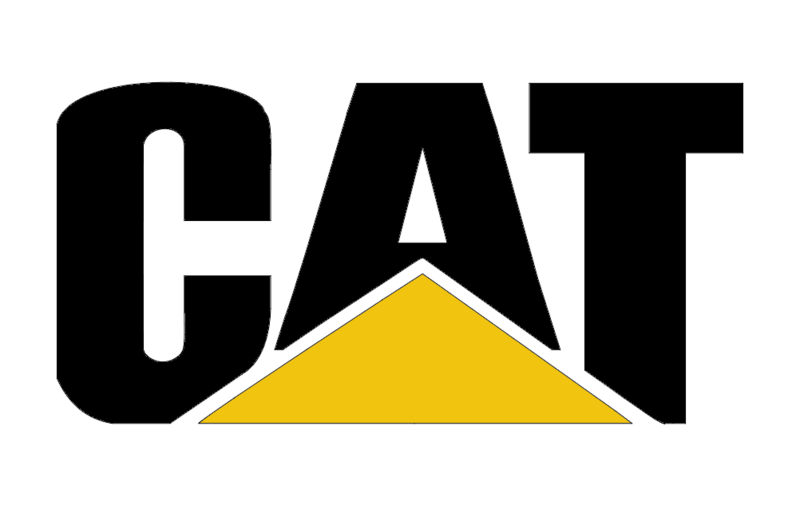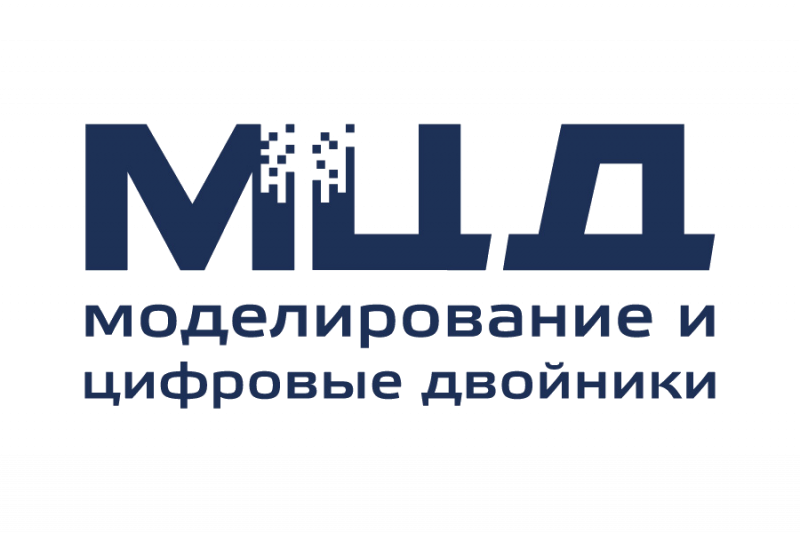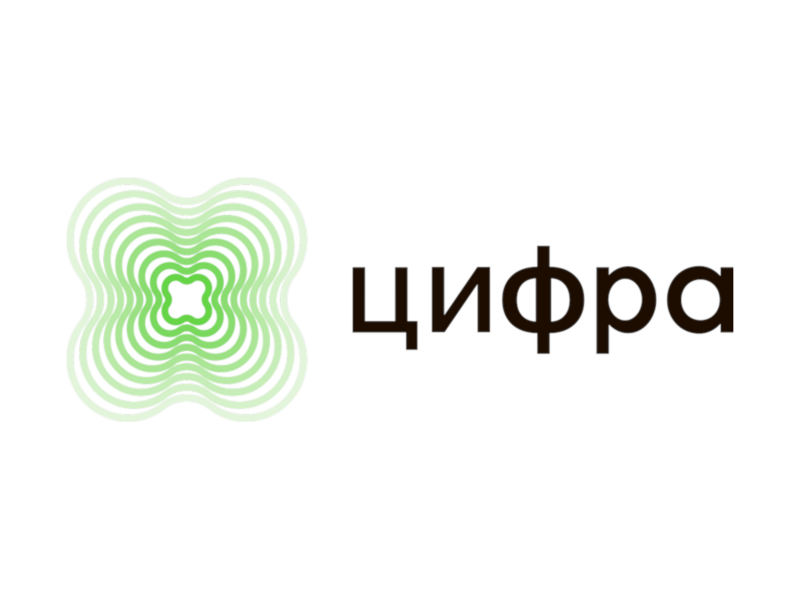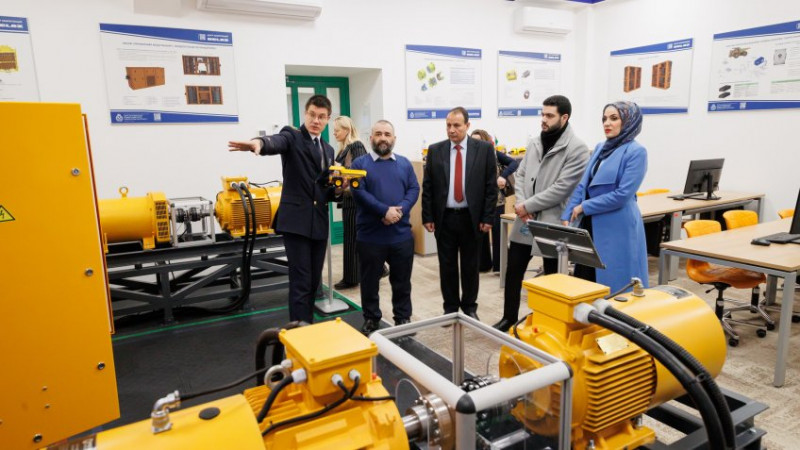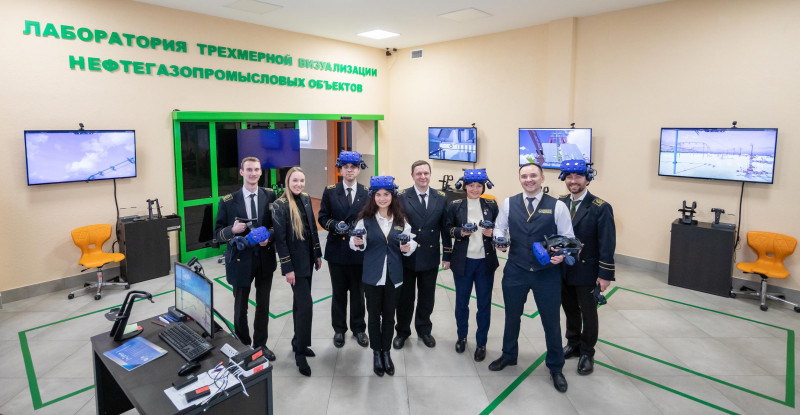
Cкорость научно-технологического прогресса и исчезновение определенных видов деятельности, связанное с проникновением автоматизации во все сферы производственных и управленческих процессов, являются факторами возможного роста для предприятий будущего. Цифровая интеграция, объединяющая научные направления, кадры, процессы, пользователей и данные, будет создавать условия для научно-технических достижений и прорывов, обеспечивая научно-экономические сдвиги в смежных отраслях и, прежде всего, на глобальном минерально-сырьевом рынке. В этой связи с целью обучения, исследований и разработок в области цифровых технологий для предприятий минерально-сырьевого и топливно-энергетического комплексов в Горном университете реализуется деятельность Кафедры прикладных компетенций в области цифровых технологий.
Подробнее о задачах

Направления научных исследований
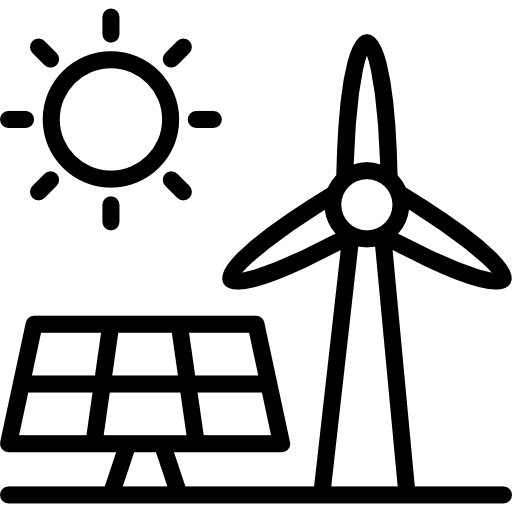
Исследование эффективного развития и функционирования энергетических систем на новой технологической основе, принципах энергосбережения, современной электротехнике, ВИЭ

Теория и методология информационного обеспечения объектов недропользования

Создание системы непрерывного обучения и повышения квалификации, направленной на формирование профессиональных цифровых компетенций специалистов, необходимых для обеспечения инновационного развития ТЭК и МСК

Энергосбережение и повышение энергетической эффективности

Переход к передовым цифровым, интеллектуальным производственным технологиям, роботизированным системам на предприятиях МСК и ТЭК
Данное направление предполагает рассмотрение интеллектуальных технологий управления электроэнергетическими системами, включая передачу электрической энергии, управление спросом на электрическую энергию, цифровые двойники объектов электроэнергетики, цифровые информационные модели электротехнических систем.
Читать далее
Лаборатория
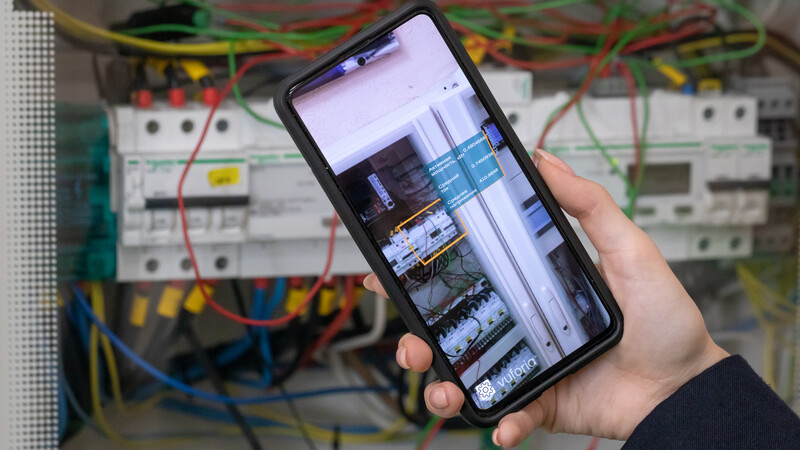

В рамках данного направления ведется разработка новых методов мониторинга и управления на основе цифровых и информационных технологий, создание информационных систем для решения задач горной отрасли.
Читать далее
Лаборатория
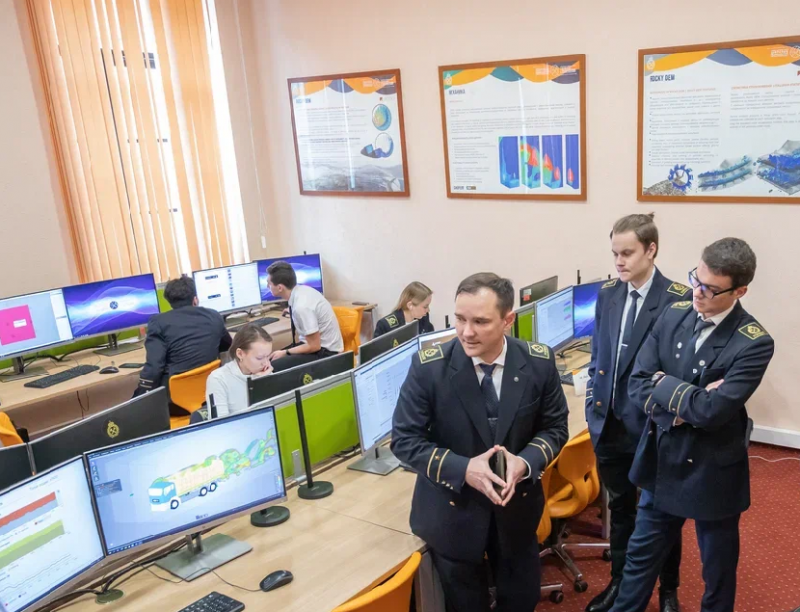

Данное направление нацелено на развитие и популяризацию инженерного образования, повышение цифровых компетенций сотрудников и обучающихся, а также реализацию программ дополнительного профессионального образования для представителей компаний ТЭК и МСК.
Читать далее
Лаборатория
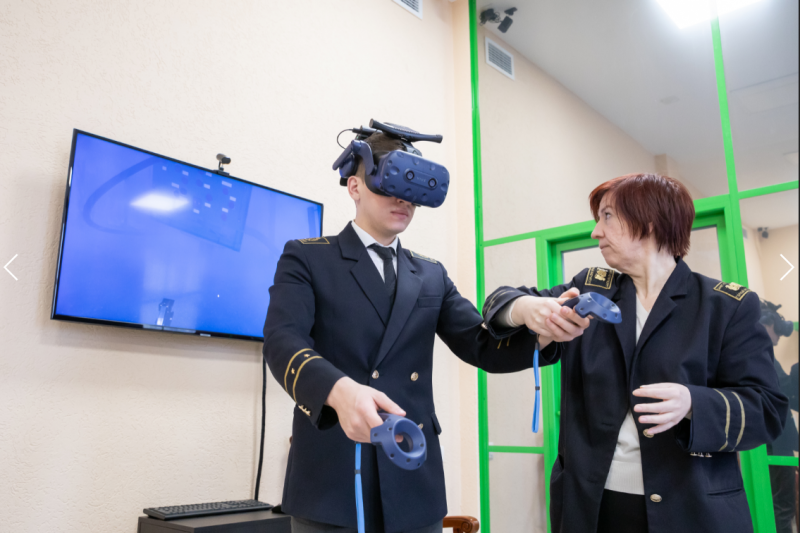

Данное направление предполагает исследование и обоснование комплексных показателей эффективности генерации, транспорта и потребления энергии при снабжении от традиционных и возобновляемых источников энергии с учетом влияния глобальных вызовов и вариации внешних факторов.
Читать далее
Лаборатория
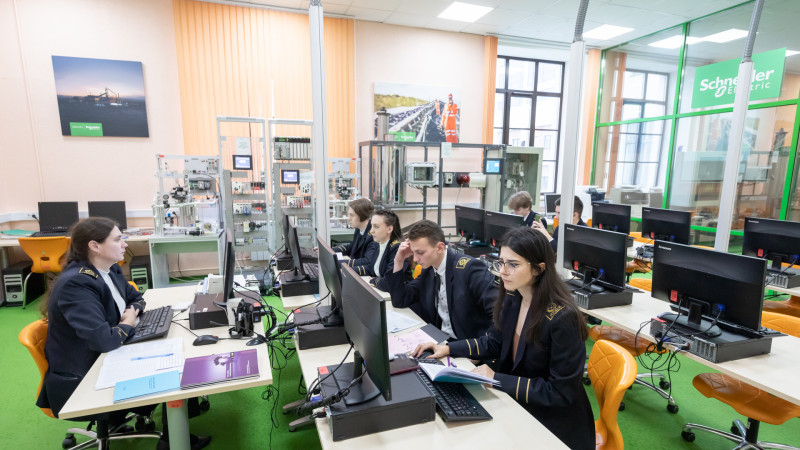

В рамках данного направления проводятся исследования, направленные на повышение эффективности оборудования и технологических процессов добычи, переработки и транспортировки полезных ископаемых.
Читать далее
Лаборатория
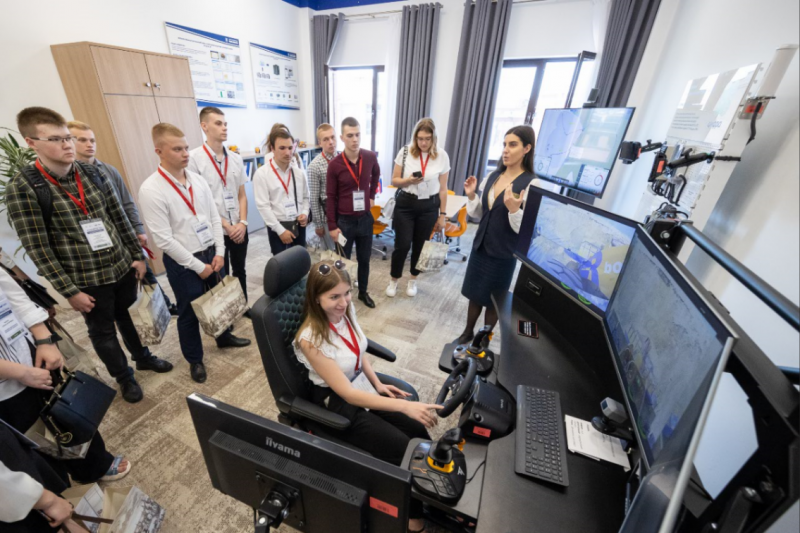

Проекты
Научные публикации

Real-time control data wrangling for development of mathematical control models of technological processes
Дата публикации: 2018-05-22
Журнал: Journal of Physics: Conference Series
Авторы: Vasilyeva, N.V, Koteleva, N.I, Fedorova, E.R.
ISSN:17426596
The relevance of the research is due to the need to stabilize the composition of the melting products of copper-nickel sulfide raw materials in the Vanyukov furnace. The goal of this research is to identify the most suitable methods for the aggregation of the real time data for the development of a mathematical model for control of the technological process of melting copper-nickel sulfide raw materials in the Vanyukov furnace. Statistical methods of analyzing the historical data of the real technological object and the correlation analysis of process parameters are described. Factors that exert the greatest influence on the main output parameter (copper content in matte) and ensure the physical-chemical transformations are revealed. An approach to the processing of the real time data for the development of a mathematical model for control of the melting process is proposed. The stages of processing the real time information are considered. The adopted methodology for the aggregation of data suitable for the development of a control model for the technological process of melting copper-nickel sulfide raw materials in the Vanyukov furnace allows us to interpret the obtained results for their further practical application.

DEM calibration approach: Orthogonal experiment
Дата публикации: 2019-05-04
Журнал: Journal of Physics: Conference Series
Авторы: Boikov, A.V, Savelev, R.V, Payor, V.A, Vasileva, N.V.
ISSN:17426596
The research considers conducting orthogonal experiment (OT) as one of the stages in developing a new discrete element method (DEM) parameters calibration approach. The measured responses in experiment are the parameters obtained by DEM animation processing using machine vision system (MVS). The variable factors in experiment are DEM parameters. A brief overview of an existing calibration approaches given in the article. The choice of OT as a design of experiment tool among other mathematical tools discussed. Experiments conducted using specially developed rig where bulk material's flow captured as DEM animation. DEM animation converted to video and then processed using MVS that allow register the values of such parameters as angle of repose or expiration time (measured responses). The results of the OT show that it is possible to identify four measured responses with the most valuable correlation coefficient. DEM parameters with the biggest influence on the measured responses identified for each of the obtained regression. Obtained results are useful in learning or iterative algorithms development for DEM parameters calibration.

The concept of digital twins for tech operator training simulator design for mining and processing industry
Ключевые слова:Digital twin | Dynamic modeling | Extended reality | Intelligent system | Mining and processing industry | Production safety | SCADA-system | Simulator | Training | Transformation
Дата публикации: 2020-01-01
Журнал: Eurasian Mining
Авторы: Beloglazov, I.I, Petrov, P.A, Bazhin, V.Y.
ISSN:24140120
Q1
(Scimago)
According to the top-priority trends and challenges in the mineral sector, and as per the mining science strategy, it is highly critical to arrange enhanced control, prediction and safety of production objects and their functioning for the preservation of automation sustainability. Improved control of databases, regulatory bonds, management, logistics and principles of sustainable development in mining makes it possible to reduce technological deviations and accidents at large mining and processing plants. Most procedural violations and accidents in surface and underground mines occur because of the unskilled actions of process flow operators. Damage in this case can be considerable, especially as compared with the expenses connected with qualitative training and persistent development of personnel engaged with supervisory control and data acquisition for the efficient operation of SCADA-systems within the automation framework of mining and processing plants. Definition of digital systems and their interrelation with multilevel automated control can be incorrect. The review of new principles can awaken interest in the conceptual assessment of digitalization processes using such notions as: numerical models, simulator, and artificial intel-ligence. Often applied formulations and principles of a digital model are substituted without justification of functional connections. On the other hand, a digital system today can be assumed as robotic lines and other numerical models and smart technologies, for instance, machining sta-tions with numerical program control. It is necessary to define the practical significance of conceptual modifications and digital transformation regarding objects of the mineral sector, using Big Data; to understand how a digital twin can influence a changeable process situation; to provide prompt prediction; to eliminate an accident; and to preserve the physical balance in the whole production system. Such intelligent and flexible productions particularly need computer-based simulators and digital twins based on technologies of Industry 4.0–extended and virtual reality on the basis of digital twins. Digital twins allow maximal simulation of real-life activity of process flow operators. The skills acquired by personnel after such simulation training enable operators to master the optimized procedure for functioning in emergency situations in mineral mining and processing. This paper exemplifies the remote training and control of process flows, which is of concern in the current international situation.
Отзывы партнёров
"Together with the Educational Center of Digital Technologies at St. Petersburg Mining University, we have been collaborating for several years to shape fundamental and applied challenges and ideas for the digitalisation of the mining industry."
"We are very glad to be part of the process that the Educational Center of Digital Technologies at St. Petersburg Mining University is engaged in. We are confident that this centre can become an assembly point for all those new solutions that will bring the mining industry to a new level."
The Committee for the Fuel and Energy Complex of the Leningrad Region expresses its gratitude to you for your support in holding the Festival and organising an informative exposition of the enterprise aimed at attracting the young generation to the fuel and energy complex profession.
Thanks to your efforts, we will be able to further educate young people full of strength and aspirations for knowledge and creativity in the field of energy saving.
We hope for further fruitful co-operation in the field of energy saving.
Thanks to your efforts, we will be able to further educate young people full of strength and aspirations for knowledge and creativity in the field of energy saving.
We hope for further fruitful co-operation in the field of energy saving.
On behalf of the Ministry of Energy of Russia, we would like to express our gratitude to the WeWatt team of young researchers for the great and necessary work for the industry, done under your leadership on a proactive and pro bono basis.
The results of this study will serve as a basis for further work in this area and will be useful to coal companies in carrying out digital transformation of production facilities, contributing to the effective and successful achievement of the goal.
The results of this study will serve as a basis for further work in this area and will be useful to coal companies in carrying out digital transformation of production facilities, contributing to the effective and successful achievement of the goal.
Institute for Problems of Integrated Subsoil Development, Dmitry Klebanov
Leonid Zhukov, Director of SITECH Division of Zeppelin Rusland Ltd.
Committee for Fuel and Energy Complex, Chairman of the Committee Y.V. Andreev
Ministry of Energy of the Russian Federation
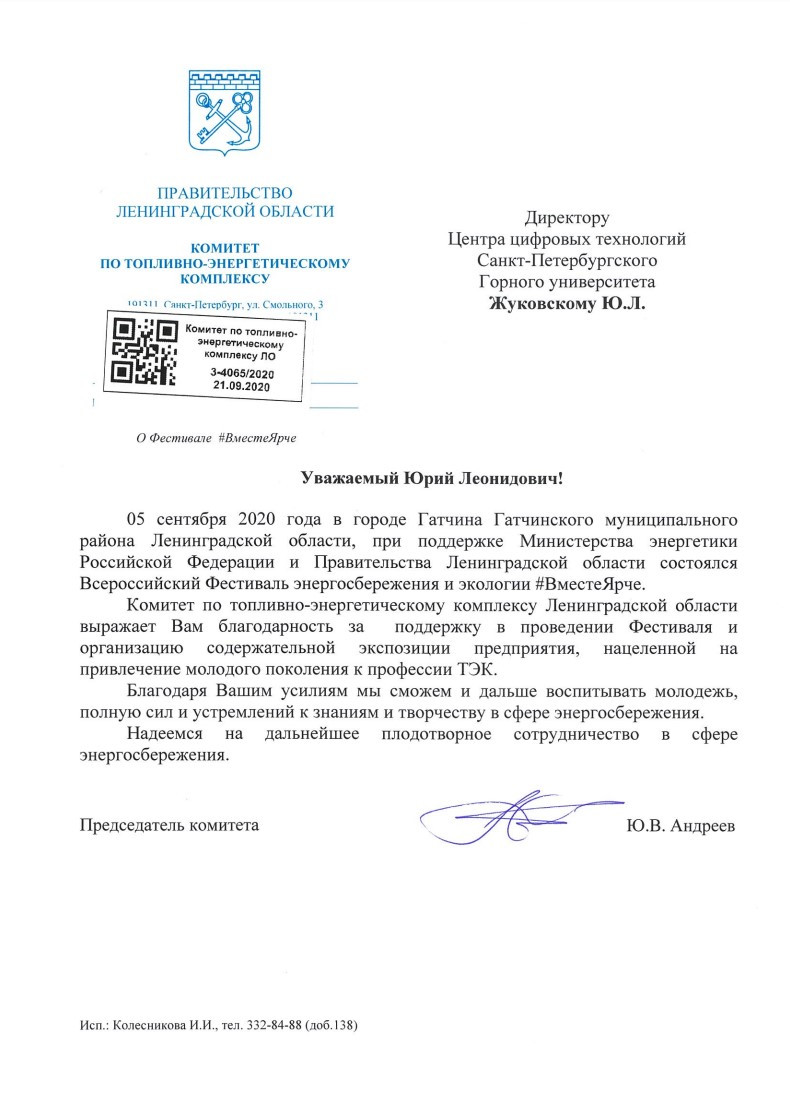
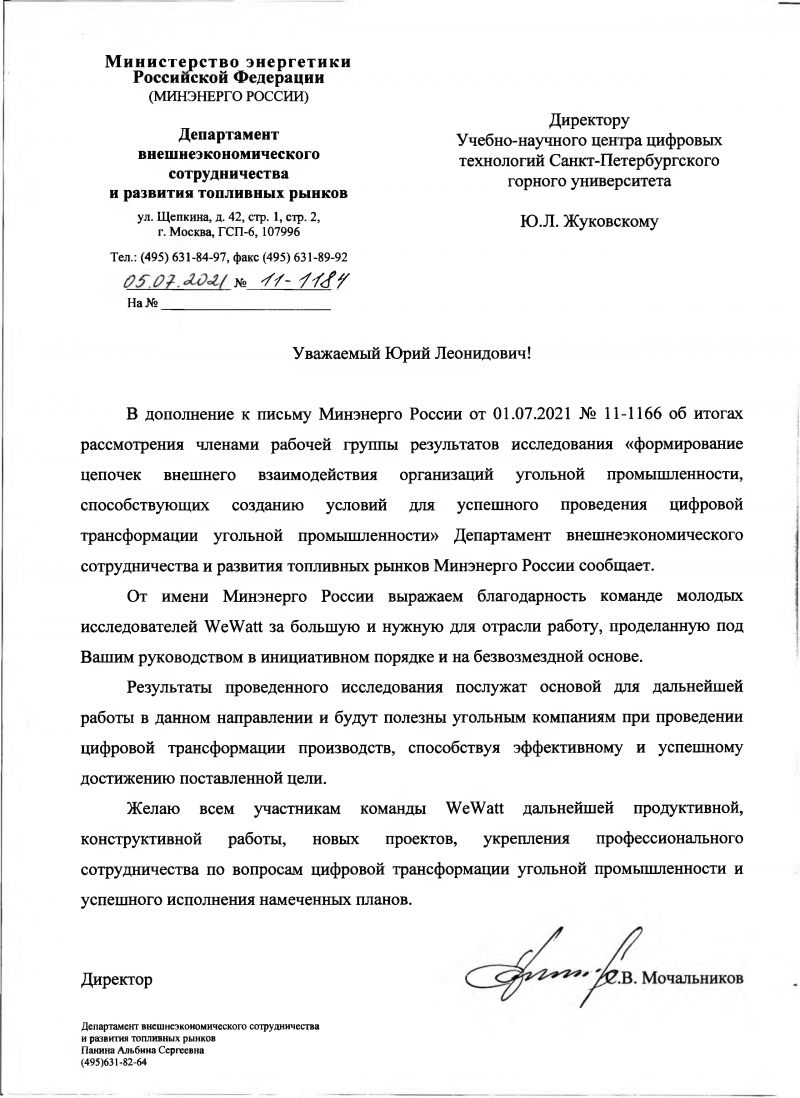

Кафедра в лицах
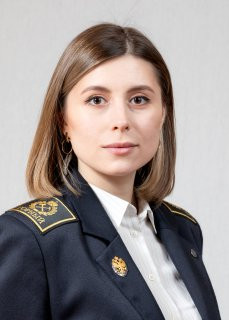
Булдыско Александра Дмитриевна
ассистент
к.т.н.
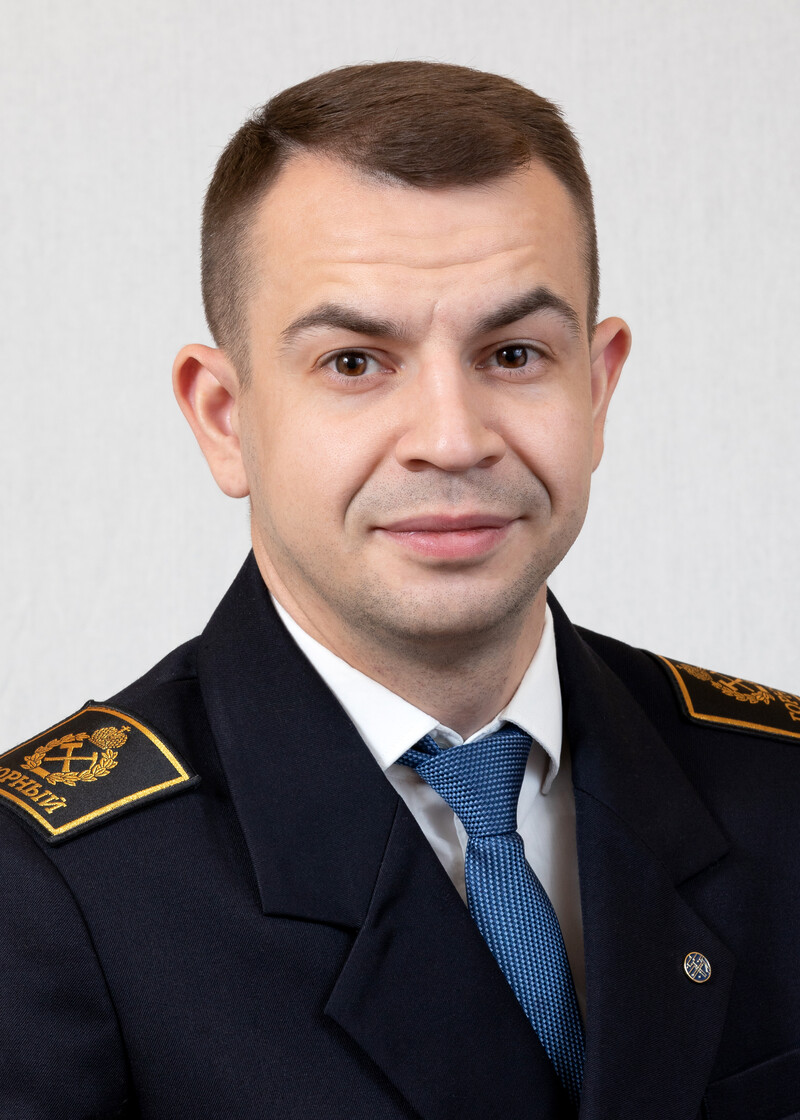
Королёв Николай Александрович
доцент, руководитель направления энергетических и электромеханических систем
к.т.н.
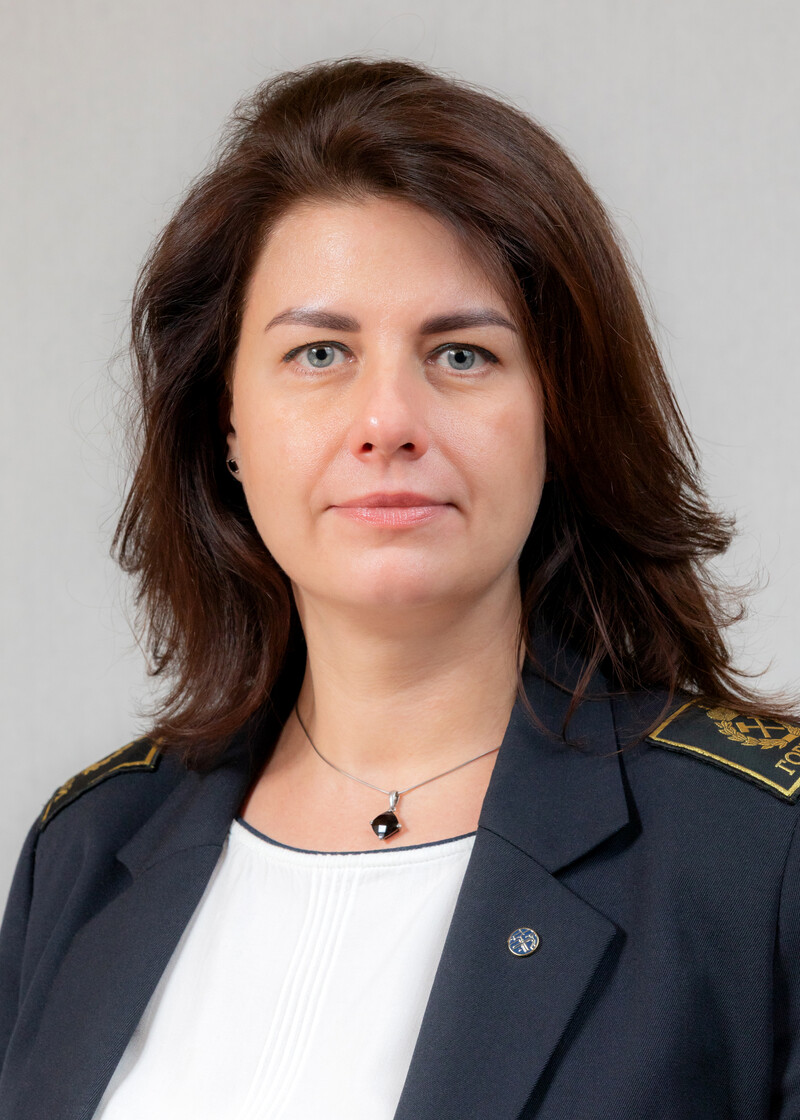
Николайчук Любовь Анатольевна
Заведующая кафедрой прикладных компетенций в области цифровых технологий
к.э.н. / доцент
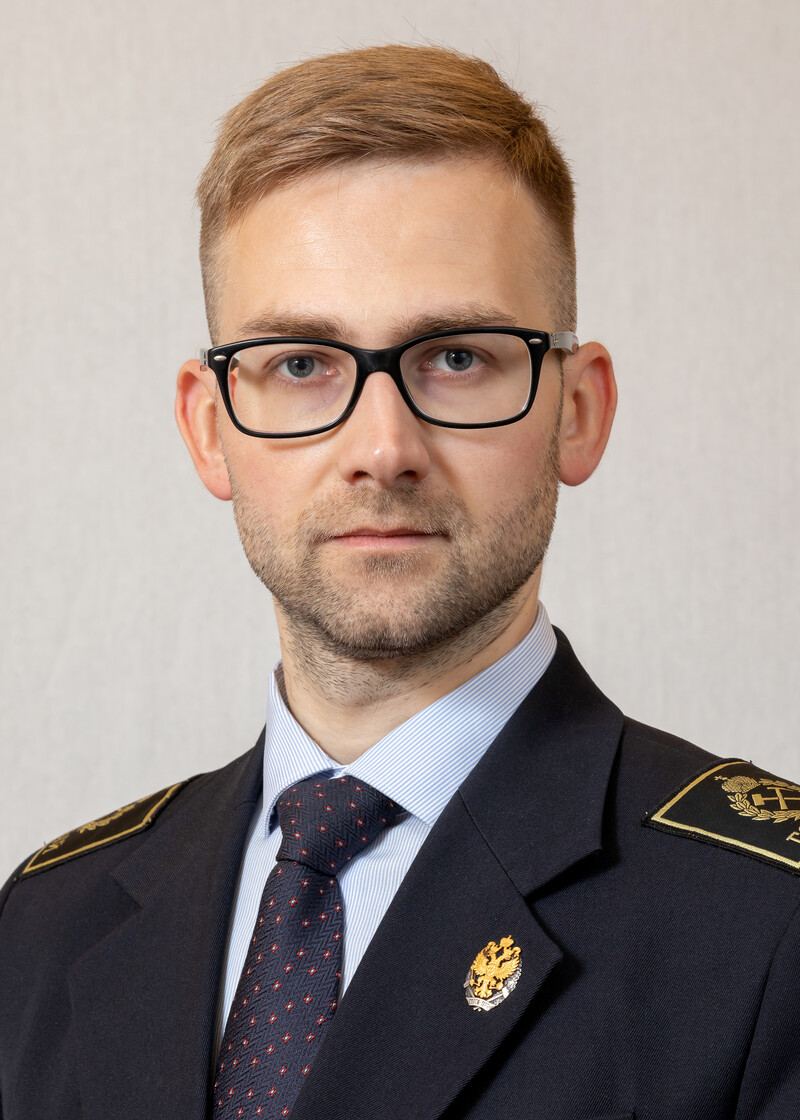
Сержан Сергей Леонидович
доцент, руководитель направления горно-транспортных систем
к.т.н.
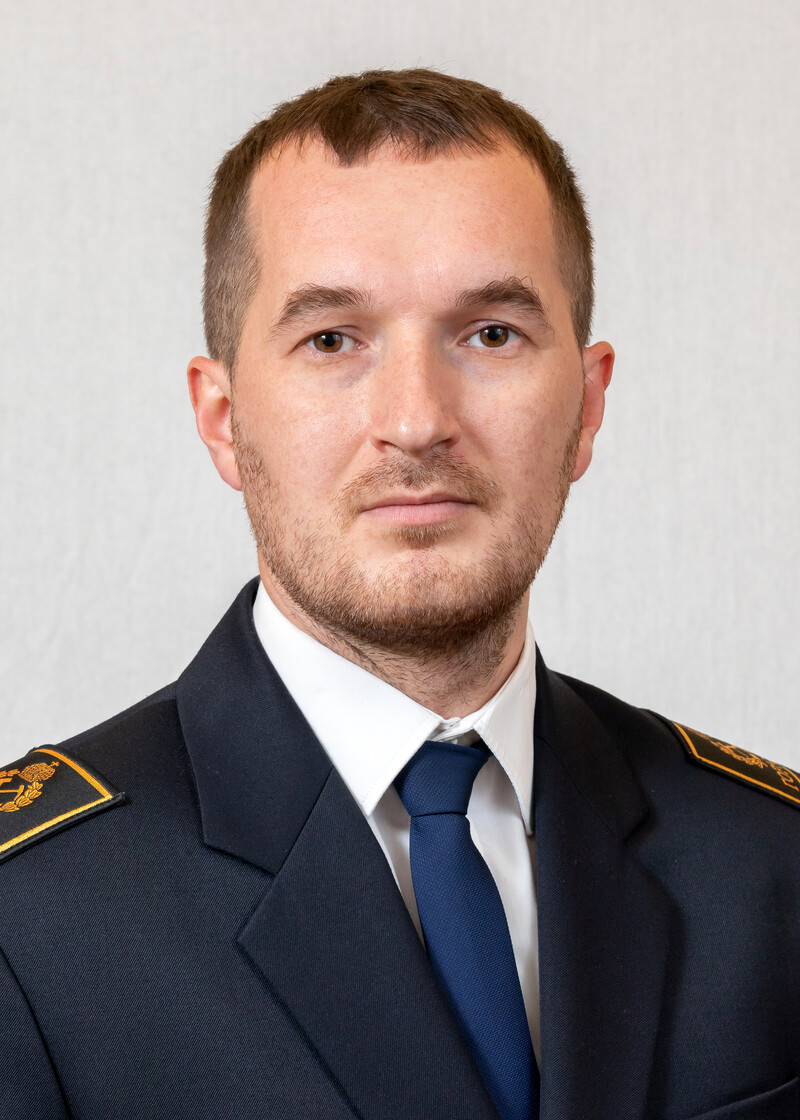
Чупин Станислав Александрович
доцент, руководитель направления компьютерного моделирования
к.т.н.
Обратная связь

